Exactly how much joy, however, depends on when you were born
Get Started for FREE
Sign up with Facebook Sign up with X
I don't have a Facebook or a X account

 Your new post is loading... Your new post is loading...
 Your new post is loading... Your new post is loading...
|
Nick Daniels's curator insight,
November 25, 2014 7:27 PM
This blog post contributes to the fact that personality is not genetically set in stone, nor does it reach complete maturity by early adulthood, (Srivastava, 2003). It was interesting to see the incorporation of cognitive skills developing openness. Srivastava supports this belief stating, "As an individual continues to live and grow older, he experiences social roles, life events, and environment changes. These changes create an option of choice that in turn affects their personality change," (Srivastava, 2003). The information used by the author was very compelling and agreed with Srvistava and many other psychologist believing in malleable personality changes. S/he also believed that future studies need to continue in order to come to the same results. This blog post did not include people under the age of 60 and would be compelling to see if results would be just as similar among people scoring in the same regions in openness as their older peers. Srivastava, S., John, O., Gosling, S., & Potter, J. (2003). Development Of Personality In |





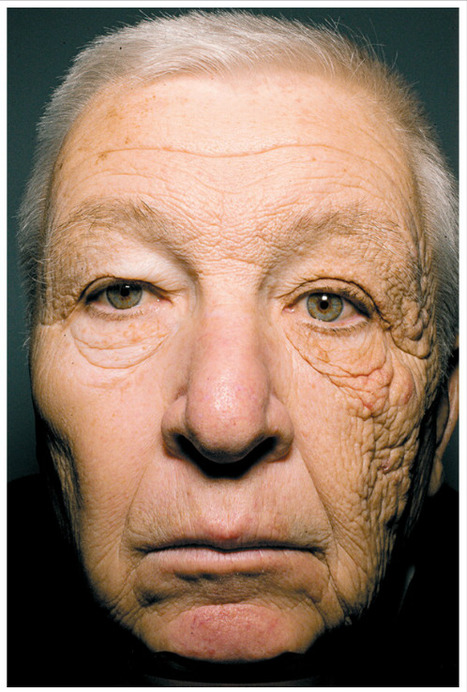


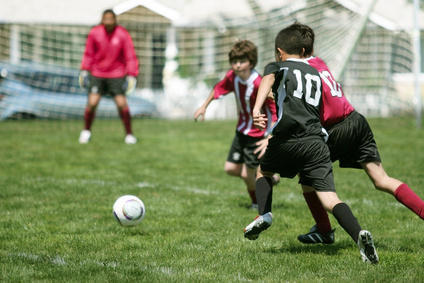





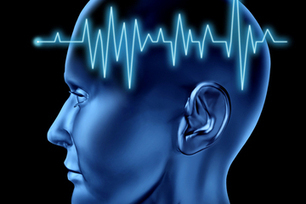

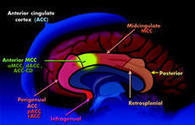


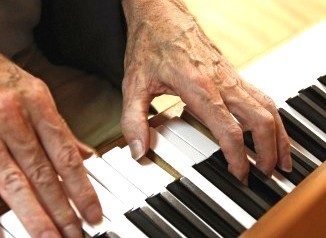




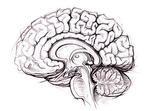

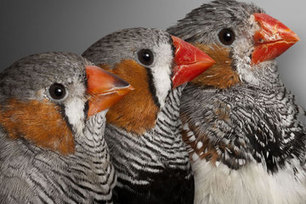






depends on when you were born and what you are, what you do, what you eat, how you live, be you......